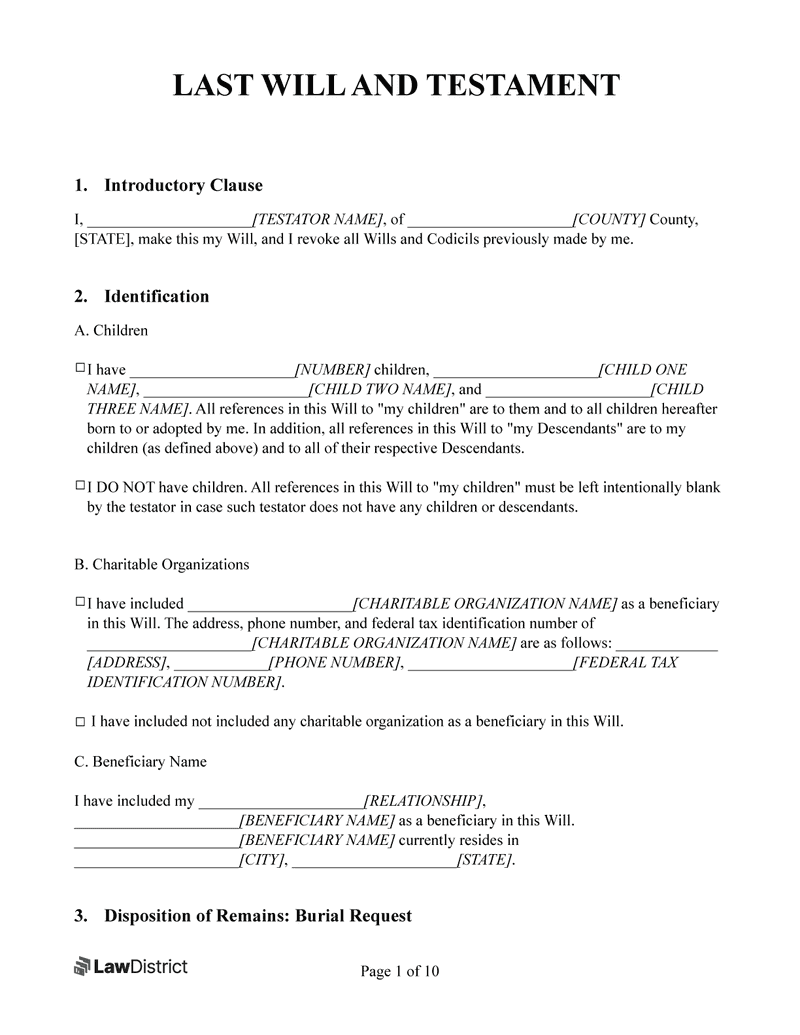What is the meaning of Sharia Law?
Table of Content
- Sharia Law: Definition
- What is Sharia law in UAE wills?
- How does Sharia affect will distribution?
- Who are legal heirs under Sharia?
- What are the fixed shares?
- Can Muslims choose different distribution?
- How does Sharia affect non-Muslims?
- What documentation is needed?
- How are disputes resolved?
- What about joint assets?
Sharia Law: Definition
Islamic religious law is derived from the Quran and Hadith.
Sharia law is a legal framework based on Islamic teachings, sourced from the Quran and the Hadith, which guide various aspects of life, including moral conduct, religious practices, and legal matters.
What is Sharia law in UAE wills?
- Sharia law governs inheritance for Muslims in the UAE by prescribing fixed shares for legal heirs.
- UAE Federal Law No. 28 of 2005 enforces these principles.
- Reference: UAE Personal Status Law, Article 321
How does Sharia affect will distribution?
- Sharia law imposes limitations, such as:
- One-third free disposition for non-heirs or charities.
- Fixed portions for heirs.
- Male heirs receiving double the share of female heirs.
- Mandatory distribution rules.
- Reference: UAE Federal Law No. 28 of 2005, Article 242
Who are legal heirs under Sharia?
- Legal heirs include:
- Spouses (husband/wife).
- Children (sons/daughters).
- Parents and, sometimes, siblings.
- Reference: Dubai Courts Inheritance Guidelines
What are the fixed shares?
- Standard Sharia inheritance shares:
- Husband: 1/4 (if children exist) or 1/2 (without children).
- Wife: 1/8 (if children exist) or 1/4 (without children).
- Daughters: 1/2 or shared.
- Sons: Double the share of daughters.
- Reference: UAE Personal Status Law Articles 329-333
Can Muslims choose different distribution?
- Restrictions prevent altering fixed shares or disinheriting heirs.
- Muslims may:
- Gift assets during their lifetime.
- Allocate up to one-third to non-heirs.
- Reference: UAE Civil Transactions Law Article 361
How does Sharia affect non-Muslims?
- Non-Muslims in the UAE can opt out of Sharia inheritance rules by using DIFC/ADJD wills.
- This allows free asset distribution with no Sharia limitations.
- Registration is mandatory.
- Reference: DIFC Wills Service Centre Rules
What documentation is needed?
- Key documents for Sharia inheritance cases include:
- Death certificate.
- List of heirs and their relationships.
- Asset inventory.
- Proof of religious status.
- Reference: UAE Inheritance Procedures Guide
How are disputes resolved?
- Inheritance disputes follow these steps:
- Sharia court reviews.
- Expert consultations.
- Agreements among heirs.
- Court’s final decision.
- Reference: UAE Federal Law No. 28, Article 275
What about joint assets?
- Sharia principles address joint assets as follows:
- Separate ownership is established first.
- Individual shares are defined.
- Inheritance rules are then applied.
- Spouse rights are protected.
- Reference: UAE Personal Status Law Article 318

